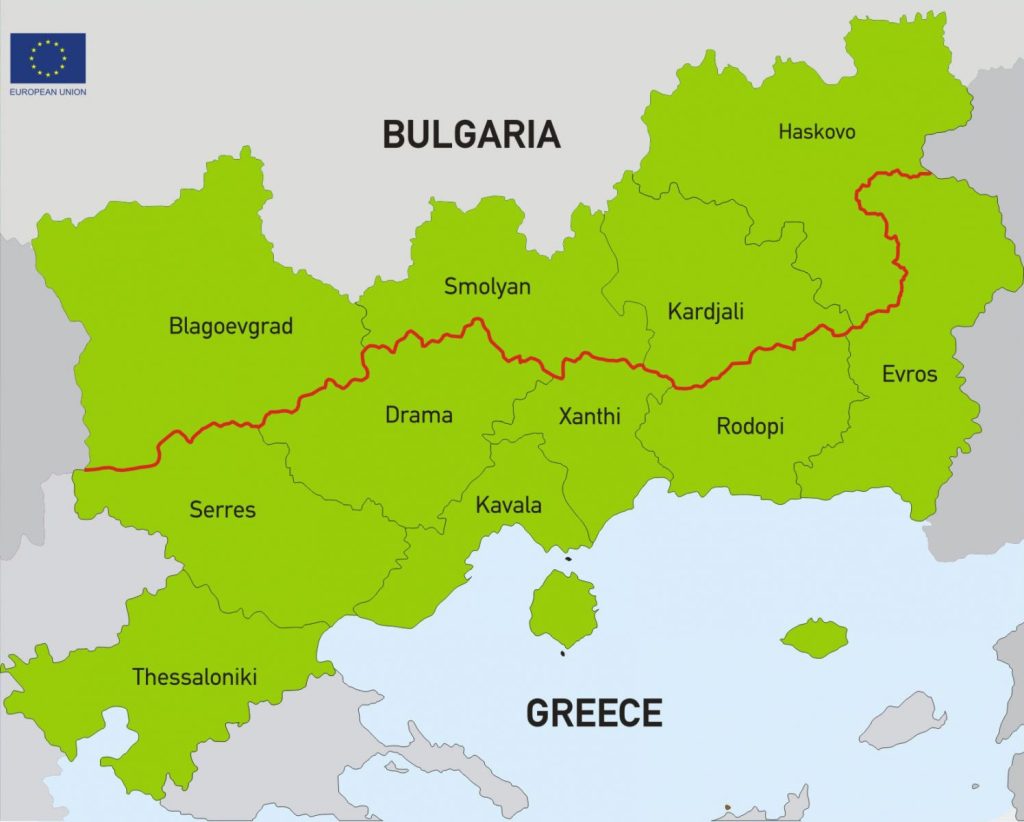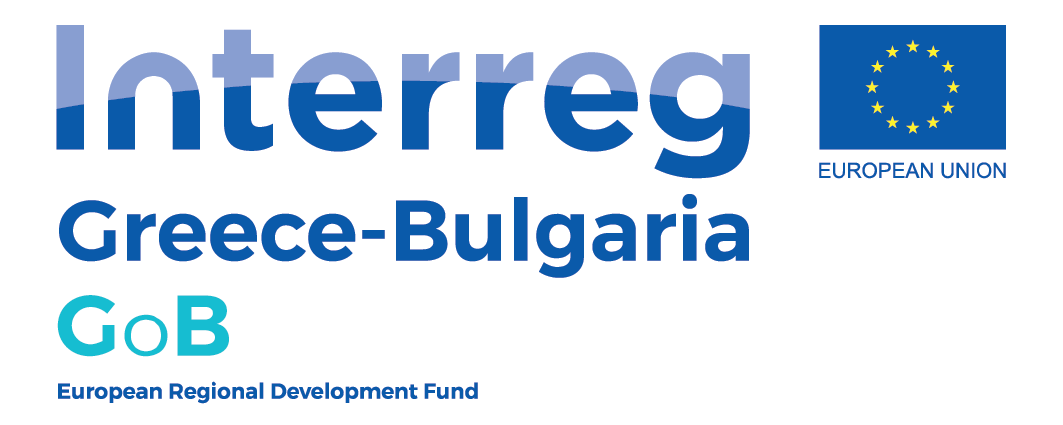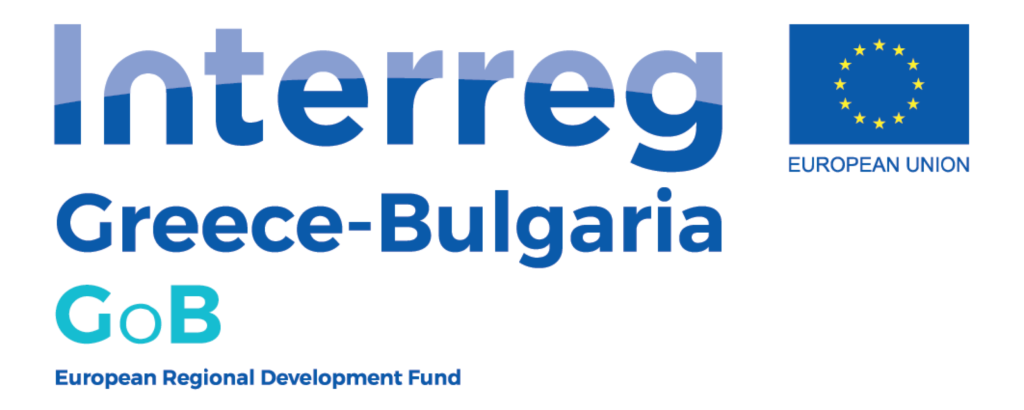PERSONAL DATA PROTECTION POLICY
The Company under the name "Greek Association of Women Entrepreneurs" and in short "S.E.G.E." based at 14 Olympiou Diamanti, P.C. 54626, Thessaloniki, ensures the confidentiality and confidentiality of your personal data and adopts the General Data Protection Regulation 2016/679 of the European Union in all procedures and stages of communication with you.
Purpose of this policy
This policy provides every person and every visitor / user of the Company's website who is interested in receiving from the Company concise and transparent information regarding the practices followed for the management and protection of personal data. It applies to any operation or set of operations which is performed on personal data or on sets of personal data, whether or not by automated means, such as collection, recording, organisation, structuring, storage, adaptation or alteration, retrieval, consultation, use, disclosure by transmission, dissemination or otherwise making available; association or combination, restriction, deletion or destruction.
What is personal data?
Personal data is any information relating to a specific natural person or person whose identity can be verified (e.g. name, identity card number, address, etc.). Data relating to health (physical or mental state, receipt of medical services, etc.) are included in the general term personal data but constitute a special category of data.
What kind of personal data is collected and for what purpose?
The personal data collected and further processed include: identification data such as your identity data, your demographic information, your address and in general your contact details (including your e-mail address and telephone number, etc.) The purpose of the collection is the execution of the contract between us as well as the provision of the services required by our company. identification data such as your CV data, knowledge, professional training and professional experience. The receipt, processing and retention of the above data is done to satisfy the sole purpose of selecting and evaluating candidate employees by the Company for the possibility of obtaining a job. Your data is kept only for this purpose and is processed by the competent staff, the Administration, etc. identification data, financial, tax and communication, such as VAT number, Tax Office, contact details, address, etc. The receipt, processing and retention of your data belonging to the above categories is necessary for the Company's compliance with its legal obligations. The Company will not process your personal data without your consent. However, the Company reserves the right, in exceptional cases, to process your personal information to the extent permitted or required by law, and / or by court decisions or prosecutorial orders.
Is the data transmitted to third parties?
We may disclose your personal information (in whole or in part, as required) indicatively to: all authorized persons of our Company, e.g. legal advisors, associate consultants, external accountants and others, specific persons of our Company, necessary for the selection process of candidate employees and the execution of the contract between us, e.g. Accounting Department, Management Systems Department, European Programs Department, Subsidized Programs Department, Administration, etc. third parties who have a legitimate interest in the establishment, exercise or defence of legal claims; In cases where your consent is required for the disclosure of your data to third parties (where they are not mentioned by law), this will be explicitly requested by you and you have the right to revoke it at any time. In these cases, the Company assures you that it is constantly vigilant and takes all the necessary security measures so that the transmissions of personal data are carried out in the safest possible way. The Company undertakes that it will not trade your personal data by making it available for sale / rent by giving / transferring / disclosing or disclosing it to third parties or to use it in any other way and for other purposes that may endanger your privacy, rights or freedoms, unless required by law, court decision / order, administrative act or if it is a contractual obligation necessary for the proper functioning of the Company's website and the realization of its functions. Personal data may be transmitted to partners, or to third parties, complying with the terms of this Policy and committed to maintaining confidentiality, who act on behalf of the Company for further processing for the purpose of providing services, data management and technical support, only after the user has been informed in advance and his consent has been obtained. These third parties have contractually committed to the Company that they will use the personal data only for the above reasons, and will not transmit the personal information to third parties, as well as will not disclose it to third parties unless required by law.
How long is my personal data kept?
The retention period may vary significantly depending on the type of data and how it is used. The determination of the retention period of the data is based on criteria such as statutory retention periods, pending or potential disputes, intellectual property or property rights, contractual requirements, operational instructions or needs for archiving. The Company undertakes to maintain your CVs for one (1) year, from the moment the Company received your CV. After one (1) year from the time of receipt of your CV, the relevant folder with all your data will be deleted. Tax information is retained in accordance with tax law. In order to fulfill the purpose of processing concerning the execution of the contract and your information about our services, the time of the relevant commercial operation of the company is considered reasonable retention time.
What are my rights with regard to the processing of my personal data?
You have the right at any time to request: access to your personal data; rectification of your personal data if it is inaccurate or incomplete; the deletion of your personal data, unless their processing is necessary for the exercise of the legal rights of the Company or third parties, for the fulfillment of a legal obligation, for reasons of public interest or for the defense of our legal rights before judicial or other authorities, restricting the processing of your personal data only for specific purposes the transfer of your personal data in accordance with the existing legal requirements objection to the processing of your personal data. In order to exercise any of the above rights, please send an e-mail to your e-mail account: info@sege.gr) always stating your full details and the reason for your communication; In the event that you exercise one of your above rights, the Company will take every possible measure to satisfy the request within one (1) month of its receipt, informing you in writing of the satisfaction of your request or of the reasons that prevent the satisfaction of one or more of them, as well as of the reasons for any delay beyond the above period of one (1) month and in any case not later from three (3) months. Also, the Company will inform you of your further rights in case of improper response. This information is in principle provided free of charge by the Company subject to the request for disclosure and information not to be exercised repeatedly, excessively and / or to be manifestly unjustified.
If you consider that the Company in any way violates the applicable legislation on personal data, you reserve the right to file a complaint with the competent Supervisory Authority for the Protection of Personal Data: http://www.dpa.gr, Kifissias 1-3, P.C. 115 23, Athens, tel. 210 6475600, email: contact@dpa.gr.





